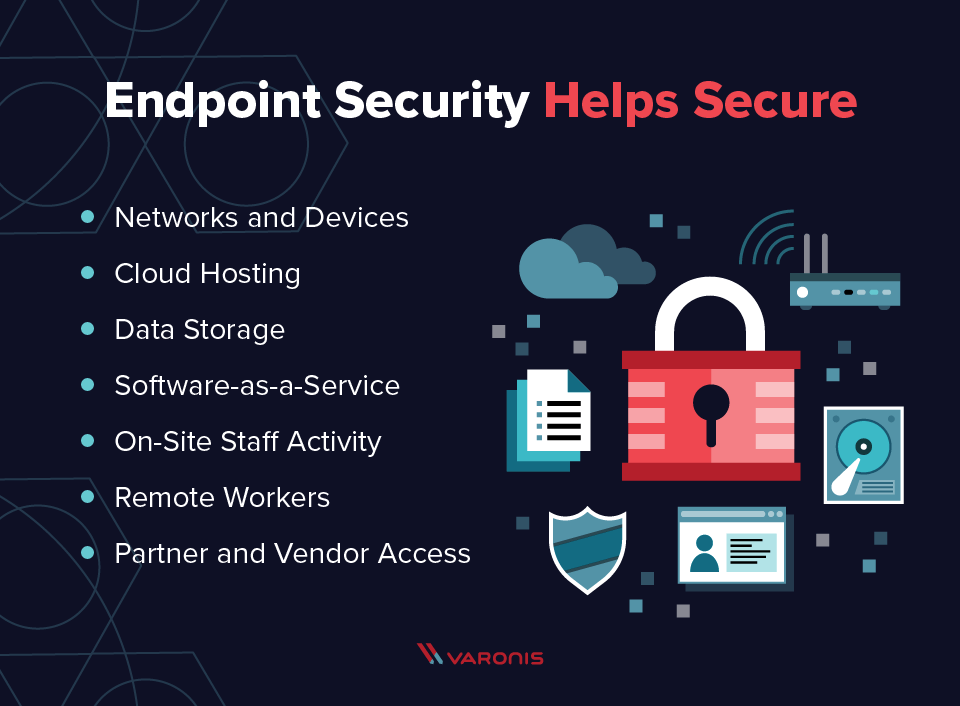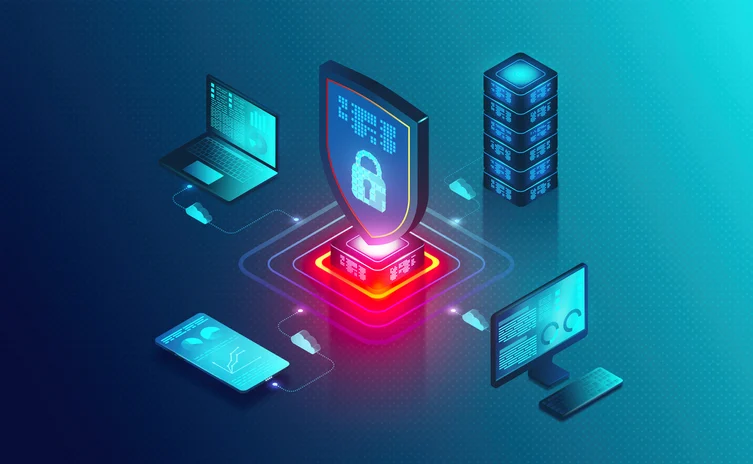- +91 9560801858
- svij@secureyantra.com
- E 2012 Building, Ground floor, Ansal API Esencia Sector 67, Gurgaon
Endpoint security, or endpoint protection, is the cybersecurity approach to defending endpoints — such as desktops, laptops, and mobile devices — from malicious activity. Securing all endpoints, including devices and servers, against malware, ransomware, and other malicious activities
Endpoint security is the process of safeguarding devices like workstations, servers, and other devices (that can accept a security client) from malicious threats and cyberattacks1. These devices, often referred to as endpoints, include laptops, tablets, mobile phones, and other wireless devices. Here’s why endpoint security matters:
Protecting All Endpoints: As employees connect via various devices, organizations must ensure secure connections and data protection.
Preventing Data Loss: Endpoint security helps prevent data leaks or theft from compromised devices.
Endpoint security, or endpoint protection, is the cybersecurity approach to defending endpoints — such as desktops, laptops, and mobile devices — from malicious activity.
Endpoint cybersecurity is vital for companies as it serves as a critical component of their overall security strategy. With the proliferation of devices such as laptops, smartphones, and tablets, each endpoint represents a potential entry point for cyber threats. Endpoint security solutions protect these devices from malware, ransomware, and other attacks that could compromise sensitive data. As the workforce becomes increasingly mobile and remote, the importance of securing endpoints grows. Effective endpoint security ensures that even if a device is lost or stolen, the data it contains remains protected. Additionally, with regulations becoming stricter around data protection, companies must implement robust endpoint security measures to comply with legal standards and avoid hefty fines. In essence, endpoint cybersecurity is not just about protecting devices; it’s about safeguarding the company’s network, data, and reputation from the ever-evolving landscape of cyber threats
Consider using EDR tools to detect and respond to suspicious activities or potential threats on devices accessing your site.

Regularly update devices computers, smartphones, etc. with the latest security patches and updates.

